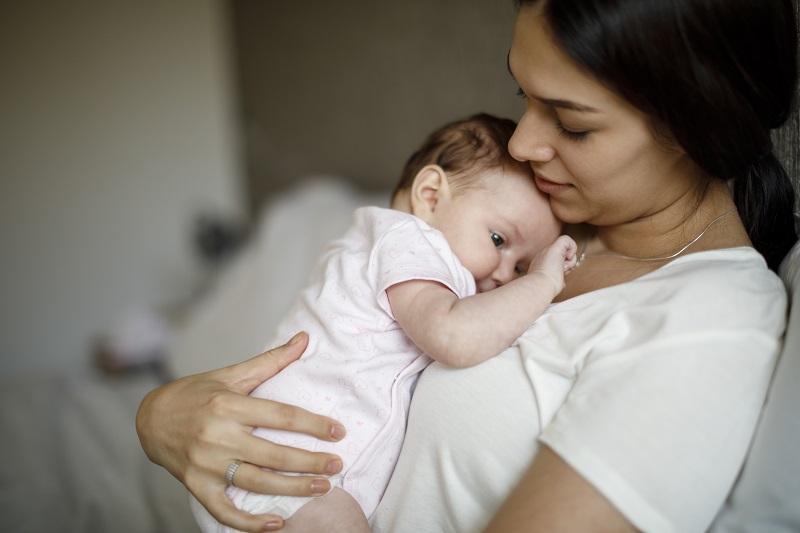
NOVEMBER 22, 2022 – RSV is hitting our communities hard right now. RSV is a virus that infects the lungs. Kids under 2 are most at risk of serious illness.
NH+C pediatrician Ben Flannery, MD explains:
“RSV infects the microscopic airways of the lungs. It’s especially hard on small lungs: Babies and kids under 2 are at risk of severe inflammation of the lungs, so it’s hard to breathe. They can’t cough the mucus out of their lungs, which can lead to pneumonia.
“Anyone can get RSV. For adults and older kids, it’s likely to feel like a nasty cold with cough, runny nose, and fever. For babies and kids under 2, it can get bad enough to require hospitalization.
“Since late October, nearly 200 children a week have been hospitalized in Minnesota for RSV (respiratory syncytial virus), reports Minnesota Department of Health. Most are under age 1.
“RSV spreads through droplets. It causes a lot of mucus, which makes it easy to spread: When you sneeze or cough, the germs go everywhere.
“There’s no treatment for RSV. We can only support the patient with oxygen and IV fluids, and wait for the illness to pass.”
Most cases can be cared for at home.
If your child has symptoms:
keep them hydrated give Tylenol or ibuprofen for fever (not aspirin) use nasal saline drops and suction bulb to clear a stuffy nose create moist air with a humidifier or vaporizer to ease congestion and coughing
Call your provider if a child under age 2 is:
Breathing fast – more than 1 breath per second Working hard to breathe in – the skin on the ribs or neck are sucking in with each breath Not getting better after 5 days
Go to the Emergency Department for:
Baby under 2 months with difficult breathing, or fever Trouble breathing at night, especially for a child under age 2
RSV usually lasts 5-7 days for older kids and adults. For infants and kids under 2, it usually starts to get better after 7-10 days.
To protect babies and kids under age 2:
Keep anyone with runny nose, cough, fever at least 3 feet away from kids under 2 Siblings with symptoms shouldn’t hold or play with the baby or toddler (if they do, they should wear a mask) Keep kids of any age who have a cough and fever home from daycare and school Wash hands well, and often
“This RSV outbreak will continue for a few more months as we move into winter," Dr. Flannery says. "We’re also seeing influenza in kids ramping up; this is a contagious virus too. The same precautions you take to prevent RSV can help prevent influenza, too.”
Learn more about Protecting Babies and Young Children From RSV
